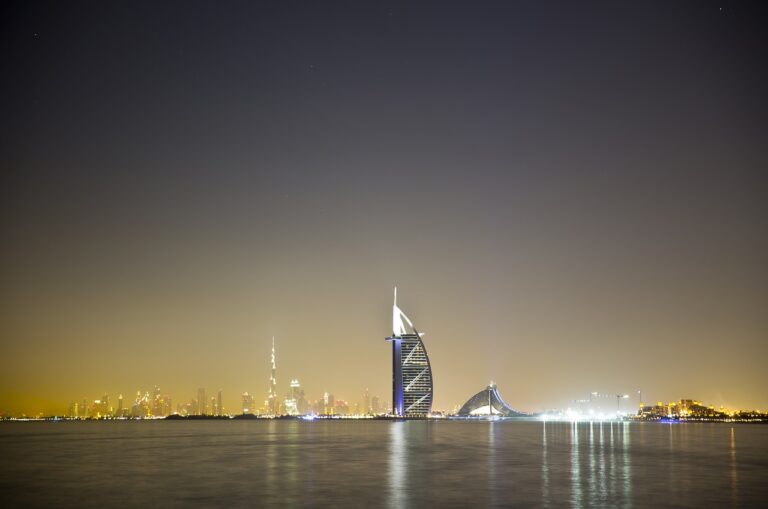The GCC (Gulf Cooperation Council) countries – Bahrain, Kuwait, Oman, Qatar, Saudi Arabia, and the United Arab Emirates – are at a crossroads. Their economies have traditionally relied heavily on oil exports, but a changing global landscape demands diversification and innovation. Let’s delve into some potential future visions for the GCC:
The Shift from Oil Dependence
-
Economic Diversification: A key focus for GCC countries will be to diversify their economies beyond oil. This might involve investments in renewable energy, tourism, technology, logistics, and knowledge-based industries.
-
Focus on Innovation: Encouraging entrepreneurship, research and development, and fostering a culture of innovation will be crucial to building a sustainable and competitive future.
-
Investing in Human Capital: Developing a skilled and educated workforce is essential for success in the knowledge economy. The GCC countries might prioritize educational reforms and training programs to equip their citizens with the skills needed for the jobs of tomorrow.
Geopolitical Landscape
-
Regional Cooperation: The GCC countries might strengthen their regional cooperation to navigate a complex geopolitical landscape and address shared challenges like security threats and climate change.
-
Global Partnerships: Building strong relationships with other economic powerhouses will be vital for attracting foreign investment and fostering trade diversification.
A Society in Transformation
-
Social Development: The GCC countries might focus on social development initiatives, including empowering women, improving healthcare systems, and promoting social inclusion.
-
Technological Advancement: Embracing technological advancements like artificial intelligence, blockchain, and automation will be crucial for improving efficiency and competitiveness across various sectors.
Sustainability Concerns
-
Renewable Energy: Shifting towards renewable energy sources like solar and wind power will be a priority to address climate change concerns and reduce dependence on fossil fuels.
-
Environmental Protection: Sustainable development practices will likely be emphasized, with a focus on environmental conservation and resource management.
Here are some additional factors to consider when exploring the future vision of GCC countries
-
Fluctuations in Oil Prices: The global oil market remains unpredictable, and oil price fluctuations will continue to impact the GCC economies.
-
Geopolitical Instability: The Middle East is a region fraught with geopolitical tensions. The GCC countries will need to navigate these complexities to ensure stability and economic growth.
-
Social and Political Reforms: The pace and nature of social and political reforms within the GCC countries will influence their future trajectory.
Conclusion
The future of the GCC countries is not set in stone. The decisions and actions taken today will determine their path forward. By embracing diversification, innovation, and sustainable practices, the GCC countries can create a brighter future for their citizens and establish themselves as regional and global leaders in the years to come. This is just a glimpse into the possibilities – the actual future will be shaped by a combination of these trends and unforeseen events.


